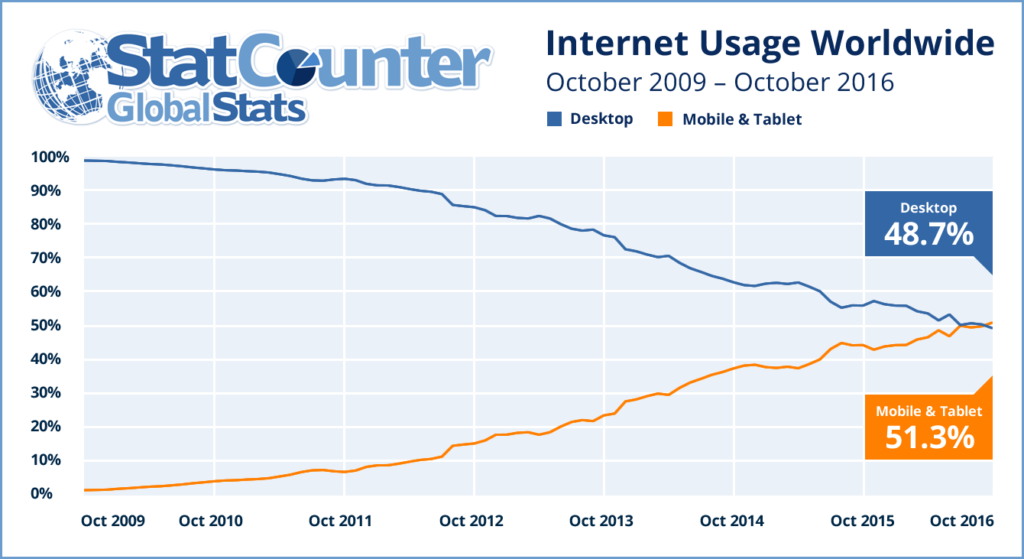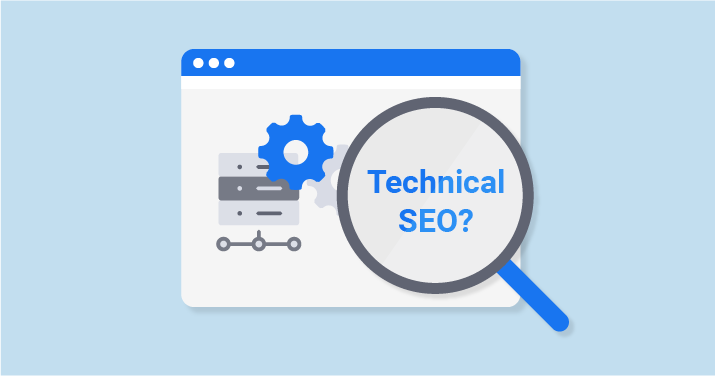SEO requirements keep changing, and it can be hard to keep up with the latest developments. Do you know the SEO ranking factors that’ll make a difference to your business this year?
Well-optimized sites get more and more traffic over time. That means more leads and sales. If you neglect SEO, no one will be able to find your site, meaning all your hard work will be for nothing.
In this guide, we’re going to share and discuss the essential SEO ranking factors you need to dominate search.
- Secure and Accessible Website
- Page Speed (Including Mobile Page Speed)
- Mobile Friendliness
- Domain Age
- Domain Authority
- Optimized Content and LSI
- Technical SEO
- Links (internal and external)
1. Secure and Accessible Website
The very first of our SEO ranking factors has to do with having the right kind of Uniform Resource Locator (URL). Users must select a URL that Google’s bots can easily reach and crawl.
In other words, Google has to be able to visit the URL and look at the page content to start to understand what that page is about. To help the bots out, user will need:
- A robots.txt file that tells Google where it can and can’t look for your site information
- A sitemap, which lists all your pages. If you’re running a WordPress site, you can set up a sitemap via Google XML Sitemaps or Yoast SEO.
Google now explicitly flags sites as secure or not secure. This signal affect visitors’ perception of your site, and potential search engine ranking.
A move from HTTP to HTTPS must be considered. If you haven’t yet enabled SSL security on your website, now is the time to make that happen.

2. Page Speed (Including Mobile Page Speed)
In early 2018, Google announced a new ranking algorithm designed for mobile search. The company called it the “Speed Update”. Only pages that “deliver the slowest experience to users” are impacted by this update, the company says. According to them:
The “Speed Update,” as we’re calling it, will only affect pages that deliver the slowest experience to users and will only affect a small percentage of queries. It applies the same standard to all pages, regardless of the technology used to build the page. The intent of the search query is still a very strong signal, so a slow page may still rank highly if it has great, relevant content.
Back in 2010, Google said page speed was a ranking factor but it “was focused on desktop searches” only. Then, in July 2018, it started looking at how fast your mobile pages are and use that as a ranking factor in mobile search. Google has been promising to look at mobile page speed for years now, and it is finally coming through.
You may try Google’s mobile testing tool to see how your site stacks up.
3. Mobile Friendliness
Mobile-friendliness is another major SEO ranking factor. More people use mobile devices than desktops to access the web, and that’s one reason there have been changes in how Google ranks search results.
StatCounter Global Stats finds that mobile and tablet devices accounted for 51.3% of internet usage worldwide in October compared to 48.7% by desktop.

“This should be a wake up call especially for small businesses, sole traders and professionals to make sure that their websites are mobile friendly. Many older websites are not,” commented Aodhan Cullen, CEO, StatCounter.
Many of the SEO ranking factors discussed in this article will help you lay the foundation for a good search engine ranking. In addition, you will also need to look after user experience when people land on your website.
Things to look at include:
- Whether you have a responsive site that automatically resizes and fits the device
- Whether you are using large fonts for easy readability on a small screen
- Accessibility and navigability, including making it easy to tap menus
4. Domain Age
Domain age is an important SEO factor for your Google ranking. Among the hundreds of weighting factors that Google considers in determining how to rank search engine results is the age of your domain — in other words, how long that domain has been around. Watch Google’s Matt Cutts deliver the answer.
5. Domain Authority
Authority matters when it comes to search engine ranking factors. This is usually a combination of great content and off-page SEO signals like inbound links and social shares.
Users can check their domain authority or page authority with Open Site Explorer. Just input your URL into the onsite search box, and you may get a report showing domain authority, page authority, established links and new links.
6. Optimized Content and LSI
Google’s search algorithm relies on keywords. These are the words and phrases searchers use when they’re looking for information. They are also the words and phrases that describe the topics your site is about. Ideally, those will match up.
Remember: One negative SEO ranking factor is duplicate content. For search engine optimization, write fresh, original content. In case you do have content that is similar, you may tell Google which one should be ranked as most authoritative by using canonical URLs.

Understanding LSI Keywords
Google returns related keywords based on the main keywords used in a search query. LSI keywords are normally the highlighted words and phrases in the search result descriptions and are considered the most relevant to the original keywords. Keywords are an expansion of the original search term and allow a greater amount of relevant search results to be discovered by a search engine. These keywords yield more relevant search results and boost search rankings as well as revive old content. However, there are many different ways that you can use these keywords to boost SEO traffic.
Simply put, LSI is a system to decipher the context of how a particular keyword is used. This is done by examining the rest of the content where the keyword is found for consistently reoccurring complimentary keywords.
7. Technical SEO
Getting the website code right is one extremely important aspect of optimizing content for better search engine rankings. Here are some of the aspects you may review:
- Using keyword phrases in page titles: This is where Google first looks to determine which content is relevant to which search. You will notice the page title as the first line of a search result entry.
- Using header tags to show content hierarchy: If your title is formatted as h1, then you use h2 or h3 for subheads. Include important keywords in header tags.
- Creating a meta description to entice readers and including your keyword phrase: Meta descriptions used to max out at 160 characters, though there are recent indications that they are longer.
- Using keyword phrases in image alt tags to show how the images are relevant to the main content: Google also has an image search, which is another way for people to find your content.
- Wherever appropriate, use schema markup to tell Google what kind of content you’re producing. This can also help your content appear in rich card entries.

8. Links
The entire web is basically built on links. It goes without saying that links are one of the most crucial SEO ranking signal. There are three kinds of links to work on:
- Inbound links
- Outbound links
- Internal links
First and foremost, Google uses inbound links as one way to help determine how authoritative and relevant your content is.
Second in line is the outbound links. You may want to build links to authoritative websites wherever applicable.
Lastly, linking to your own content can help tie your website’s pages together for both Google/Bing and your visitors. Doing so makes each page more valuable.
If you have a high quality, authoritative page on your site and it links to another page on your site, that helps visitors find the other page as well, and passes on some of that authority. That will help that second page boost its search engine ranking.

You now know at least 8 essential SEO ranking factors.
- WordPress Website Design FAQs - February 21, 2024
- How To Grow An Email List - February 19, 2024
- Measuring Success Through Web Metrics: Demystifying the Digital Dashboard - February 18, 2024

